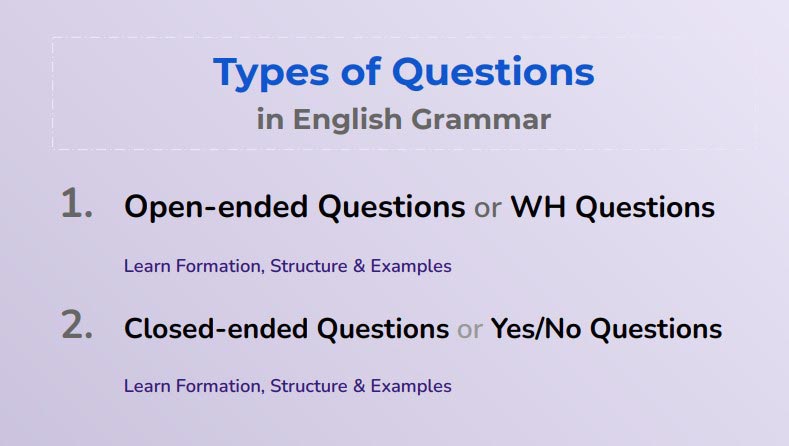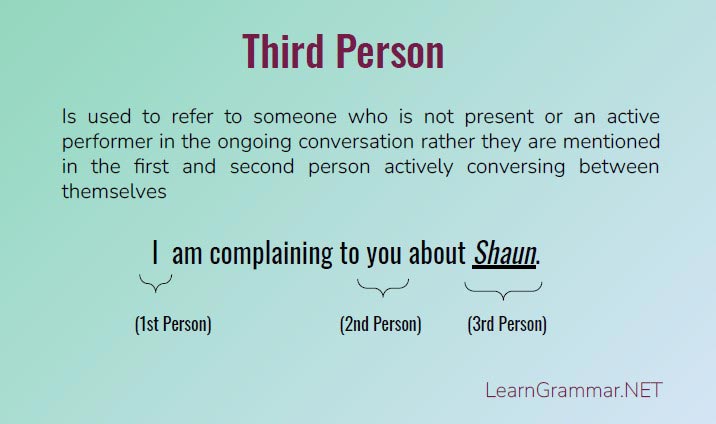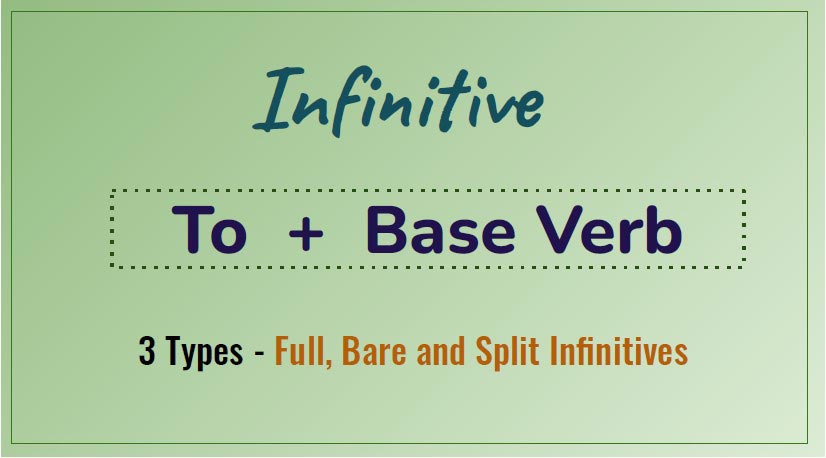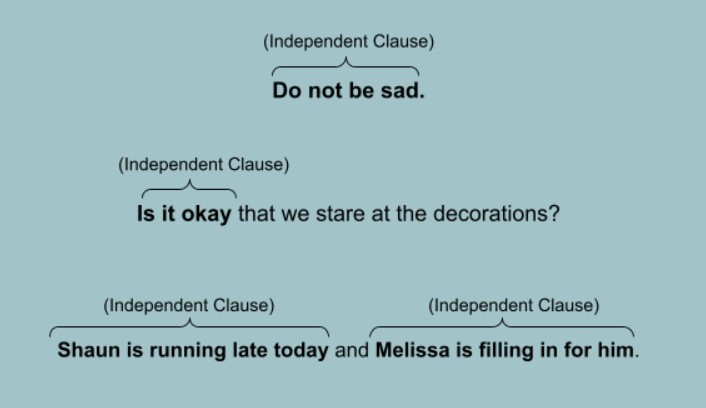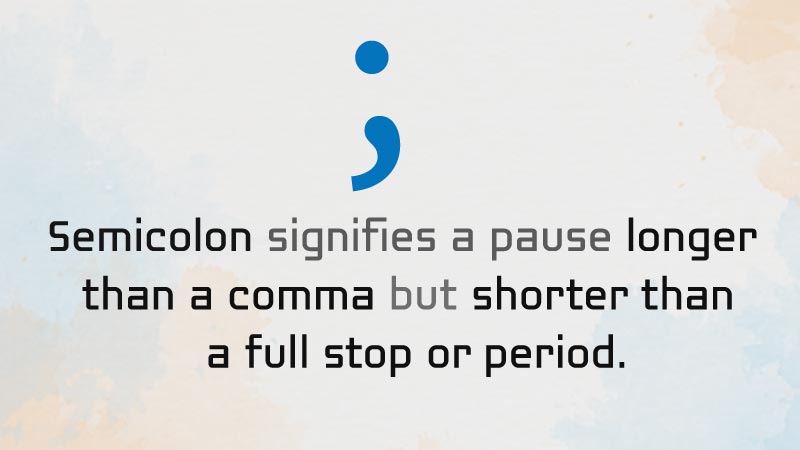What is Adjective? Types of Adjectives with Definitions and Examples
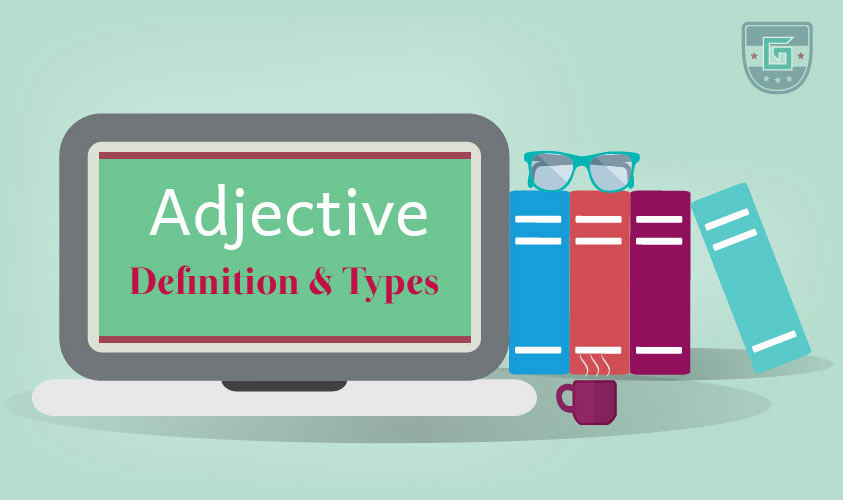
An adjective describes or modifies noun/s and pronoun/s in a sentence. It normally indicates quality, size, shape, duration, feelings, contents, and more about a noun or pronoun.
Adjectives usually provide relevant information about the nouns/pronouns they modify/describe by answering the questions: What kind? How many? Which one? How much? Adjectives enrich your writing by adding precision and originality to it.
Example:
- The team has a dangerous batsman. (What kind?)
- I have ten candies in my pocket. (How many?)
- I loved that red car. (Which one?)
- I earn more money than he does. (How much?)
However, there are also many adjectives that do not fit into these questions. Adjectives are the most used parts of speech in sentences. There are several types of adjectives according to their uses.
Types of Adjectives
- Descriptive Adjectives
- Quantitative Adjectives
- Proper Adjectives
- Demonstrative Adjectives
- Possessive Adjectives
- Interrogative Adjectives
- Indefinite Adjectives
- Articles
- Compound Adjectives
- Absolute Adjectives
- Emphasizing Adjectives
- Exclamatory Adjectives
- Noun as Adjectives
- Adjectives of Origin
- Adjectives or Color
- Adjectives of Position
- Adjectives of Shape
Descriptive Adjectives:
A descriptive adjective is a word which describes nouns and pronouns. Most of the adjectives belong in this type. These adjectives provide information and attribute to the nouns/pronouns they modify or describe. Descriptive adjectives are also called qualitative adjectives.
Participles are also included in this type of adjective when they modify a noun.
Examples:
- I have a fast car. (The word ‘fast’ is describing an attribute of the car)
- I am hungry. (The word ‘hungry’ is providing information about the subject)
- The hungry cats are crying.
- I saw a flying Eagle.
Descriptive Adj. is divided into two types.
- Attributive Adj.
- Predicate Adj.
1. Attributive Adjective:
It attributes quality, shape etc. to the Noun. The adjective that comes right before the Noun it defines is an Attributive Adj.
Examples:
- That's a little baby.
- She is one feisty cat.
- Your dad is an angry man.
2. Predicate Adjective:
Predicate Adj. or Predicative Adj. that comes after a Linking Verb instead of before a Noun. It is also known as Subject Complement.
Examples:
- I am happy.
- Your dad is proud of you.
- The cat lady was crazy.
Quantitative Adjectives:
A quantitative adjective provides information about the quantity of the nouns/pronouns. This type belongs to the question category of ‘how much’ and ‘how many’.
Examples:
- I have 20 bucks in my wallet. (How much)
- They have three children. (How many)
- You should have completed the whole task. (How much)
More Examples of Quantitative Adjectives
Proper Adjectives:
Proper adjectives are the adjective form of proper nouns. When proper nouns modify or describe other nouns/pronouns, they become proper adjectives. ‘Proper’ means ‘specific’ rather than ‘formal’ or ‘polite.’
A proper adj allows us to summarize a concept in just one word. Instead of writing/saying ‘a food cooked in Chinese recipe’ you can write/say ‘Chinese food’.
Proper adjectives are usually capitalized as proper nouns.
Example:
- American cars are very strong.
- Chinese people are hard workers.
- I love KFC burgers.
- Marxist philosophers despise capitalism.
More Examples of Proper Adjectives
Demonstrative Adjectives:
A demonstrative adjective directly refers to something or someone. Demonstrative adjectives include the words: this, that, these, those.
A demonstrative pronoun works alone and does not precede a noun, but a demonstrative adj always comes before the word it modifies.
Examples:
- That building is so gorgeously decorated. (‘That’ refers to a singular noun far from the speaker)
- This car is mine. (‘This’ refers to a singular noun close to the speaker)
- These cats are cute. (‘These’ refers to a plural noun close to the speaker)
- Those flowers are heavenly. (‘Those’ refers to a plural noun far from the speaker)
More Examples of Demonstrative Adjectives
Possessive Adjectives:
A possessive adjective indicates possession or ownership. It suggests the belongingness of something to someone/something.
Some of the most used possessive adjs are my, his, her, our, their, your.
All these adjectives always come before a noun. Unlike possessive pronouns, these words demand a noun after them.
Examples:
- My car is parked outside.
- His cat is very cute.
- Our job is almost done.
- Her books are interesting.
More Examples of Possessive Adjective
Interrogative Adjectives:
An interrogative adj asks a question. An interrogative adj. must be followed by a noun or a pronoun. The interrogative adjectives are: which, what, whose. These words will not be considered adjectives if a noun does not follow right after them.
Examples:
- Which phone do you use?
- What game do you want to play?
- Whose car is this?
More Examples of Interrogative Adj
Numeral Adjective:
The adjectives defining how many, how much and in what number are usually Numeral Adj.
Examples:
- There are four cats.
- I don’t like doing two things at a time
- Rehan has stood first in the Board exam.
There are three types of Numeral Adj. and they are –
- Definite Adj.
- Indefinite Adj.
- Distributive Adj.
1. Definite Adjective:
Definite Adj. or Definite Numeral Adj. begets definitive numeric answers as in reply to “How many?” questions.
Examples:
- Two doors lead to the main entrance of the castle.
- I am 27 years old.
- I’ve run 3 miles this afternoon.
Definite Adj. are divided into two categories –
- Cardinal Adj.
- Ordinal Adj.
a. Cardinal Adjective:
These indicate definitive numbers in sentences.
- 2 kilos of rice, please.
- Let’s add two spoons of sugar to my tea.
- Have one glass of water, you will feel much better.
b. Ordinal Adjective:
These indicate positions in a series or order.
- You are my first friend at this school.
- I live on the third floor.
- This is my fourth glass of milk today.
2. Indefinite Adjectives:
It describes or modifies a noun unspecifically. They provide indefinite/unspecific information about the noun. The common indefinite adjectives are few, many, much, most, all, nobody, several, some, etc.
Examples:
- I gave some candy to her.
- I want a few moments alone.
- Several writers wrote about the recent incidents.
- Each student will have to submit homework tomorrow.
3. Distributive Adjectives:
These distribute the numbers indefinitely among each and every noun or pronoun in consideration. “Each” and “every” are the two most widely used adjectives of this type.
- Each birthday I bake a chocolate cake for my brother.
- I like every flavor of this ice cream brand.
- Each day I wake up at 5 am.
Articles
Articles are also adjectives. Articles determine the specification of nouns. ‘A’ and ‘an’ are used to refer to an unspecific noun, and ‘the’ is used to refer to a specific noun.
Examples:
- A cat is always afraid of water. (Here, the noun ‘cat’ refers to any cat, not specific.)
- The cat is afraid of me. (This cat is a specific cat.)
- An electronic product should always be handled with care.
Compound Adjectives:
When compound nouns/combined words modify other nouns, they become compound adj. This type of adjective usually combines more than one word into a single lexical unit and modifies a noun. They are often separated by a hyphen or joined together by a quotation mark.
Example:
- I have a broken-down sofa.
- I saw a six-foot-long snake.
- He gave me an “I’m gonna kill you now” look.
Absolute Adjective:
There are some adjectives that cannot be graded, intensified or reduced in intensity with the help of any kind of modifier. Absolute Adj. are often found in the superlative degree.
Examples:
- I am still alive.
- The color is just perfect.
- This style is very unique.
Exclamatory Adjective:
There are a couple of WH question words that are used as adjectives that help turn a sentence into Exclamatory sentences and they are - What and How. These are termed as Exclamatory Adj.
Example:
- What a day!
- How majestic!
- How lucky I am!
- What a great way to start the day!
Emphasizing Adjective:
These emphasize the preceding noun. "Own" and "very" are the two most commonly used Emphasizing Adj. in the English language.
Examples:
- We put them out with our own hands.
- Keep playing the piano with your own hands.
- It all went down in front of their very eyes.
- This very moment you should clear out of this apartment.
Noun as Adjective:
There are Nouns that act as Adjectives on particular occasions and they are termed as Adjectival Nouns. They are also known as Noun Modifiers or Attributive Nouns.
Examples:
- Hadn't you just bought a sports car?
- This is my first cookbook.
- Your dad owns a shabby motorbike.
Adjective of Origin:
The adjective that specifies the origin of the preceding noun is termed as the adjective of origin.
Examples:
- I'll have one Mexican rice with some fried chicken.
- Romi can play the Hawaiian guitar.
- Let's groove to those Jamaican beats.
Adjective of Color:
The adjective that indicates the color of the preceding noun is termed as the adjective of color.
Examples:
- Looking at the blue sky makes your heart kinder.
- Red roses are symbols of affection.
- I love the violet curtains at my house.
Adjective of Position:
The adjective that pinpoints the position of the preceding noun is the adjective of position.
Examples:
- Go to the nearby store.
- That is a faraway destination.
- I choose the middle shade.
Adjective of Shape:
If the adjective before the noun determines the shape of it, that is the adjective of shape.
Examples:
- Squats will get you those round buttocks.
- Soccer is played on an oval field.
- I need a plain surface for the project.
The Degree of Adjectives:
There are three degrees of adj: Positive, comparative, superlative.
These degrees are applicable only for descriptive adj.
Examples:
Positive degree: He is a good boy.
Comparative degree: He is better than any other boy.
Superlative: He is the best boy.
Grammar
Read More
- How to Use "Therefore" in Sentences Avoiding Common Mistakes
- How to Use "Whereas" with Examples and Avoid Common Mistakes
- When and How to Use "Thus" Correctly Without Common Mistakes
- How to Use "On the Contrary" Properly with Meaning and Examples
- When and How to Use "Either/Or" with Examples and Common Mistakes to Avoid
- How to Use "On the Other Hand" Effectively without Mistakes
- How to Use "Respectively" with Example and Common Errors to Avoid
- How and When to Use "Moreover" Without Mistakes
- How to Use "Likewise" in Sentences Based on Context & When not to Use
- When & How to Use "Although" in Sentences to Avoid Mistake

